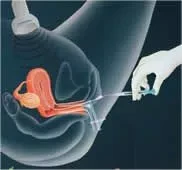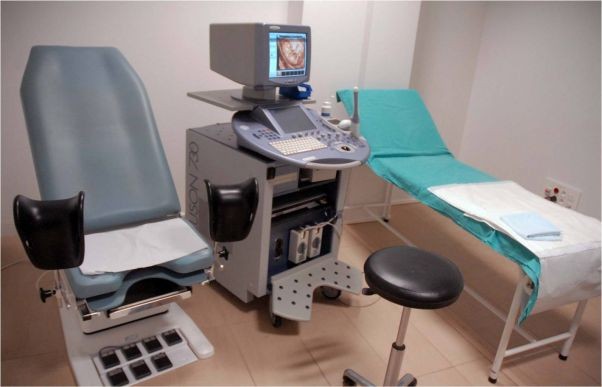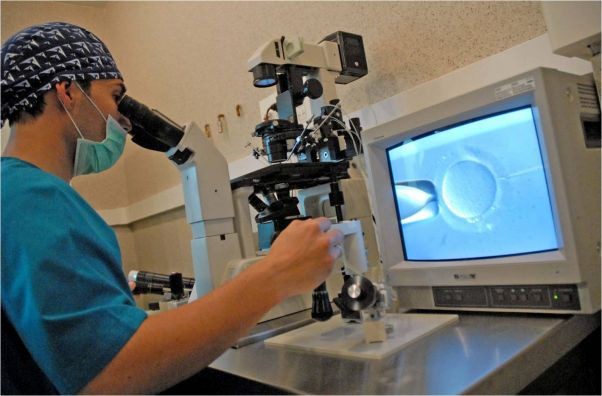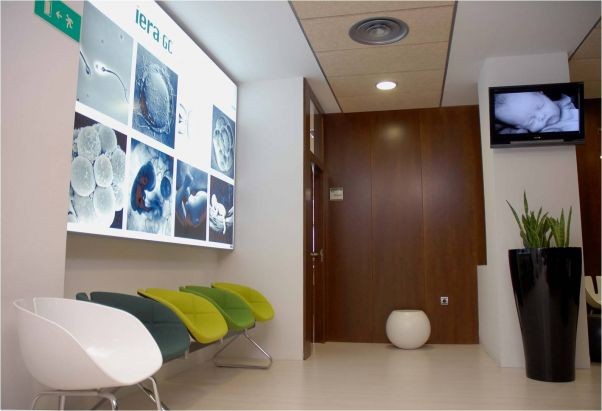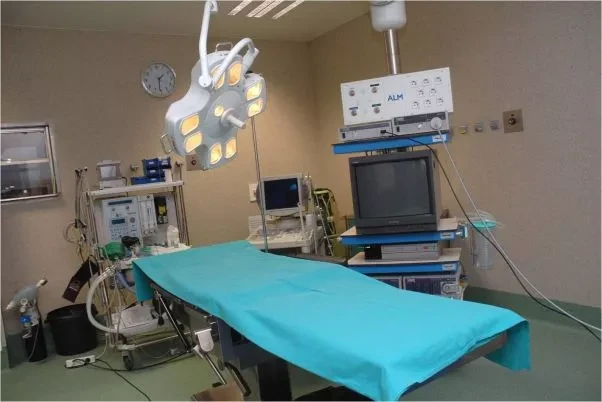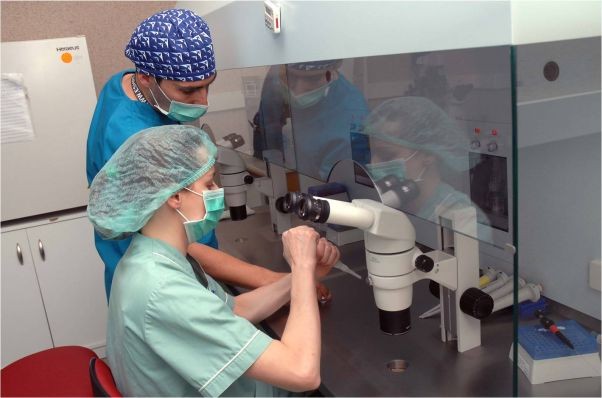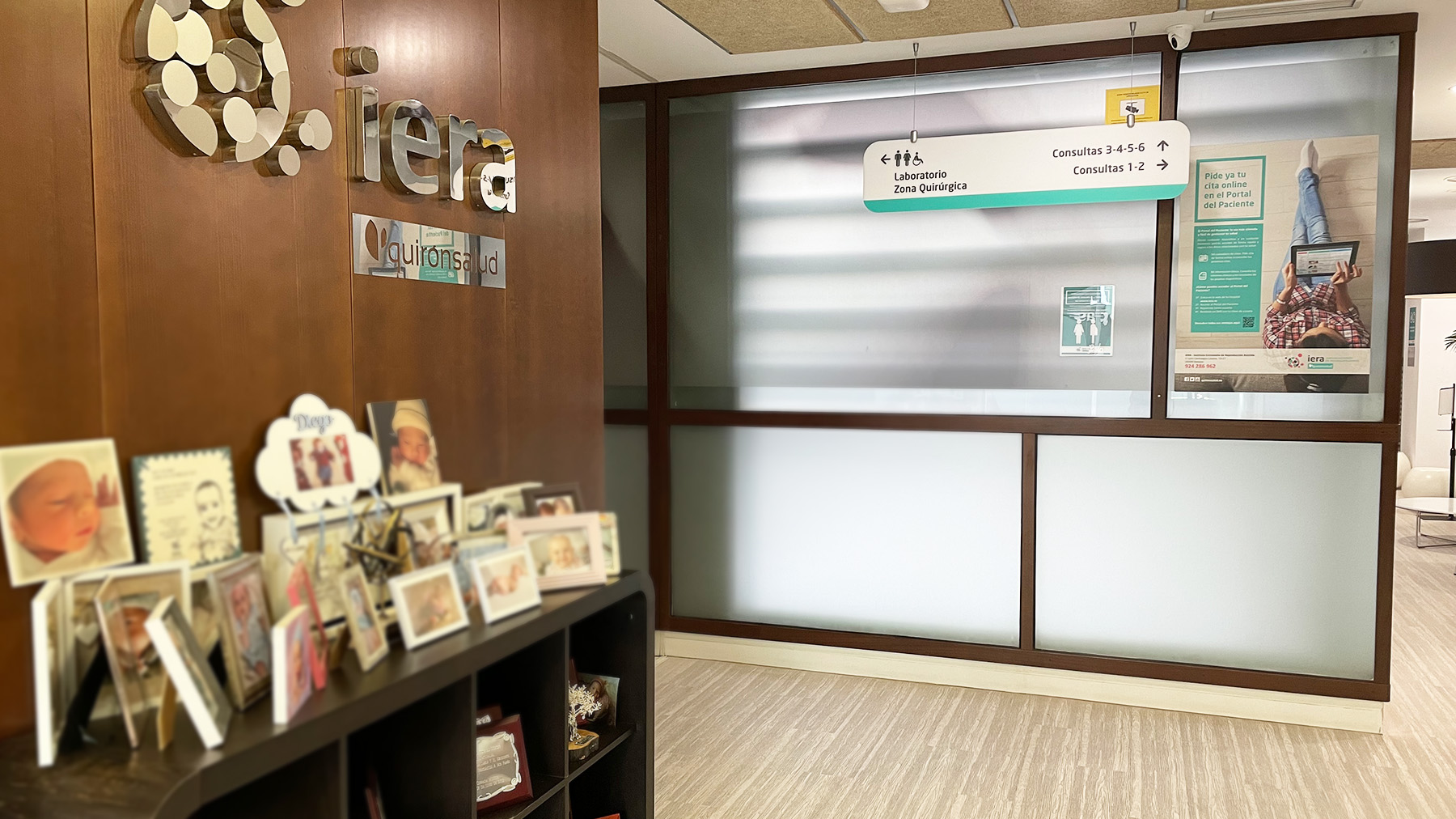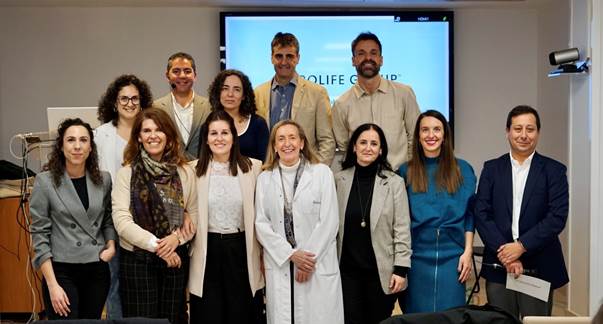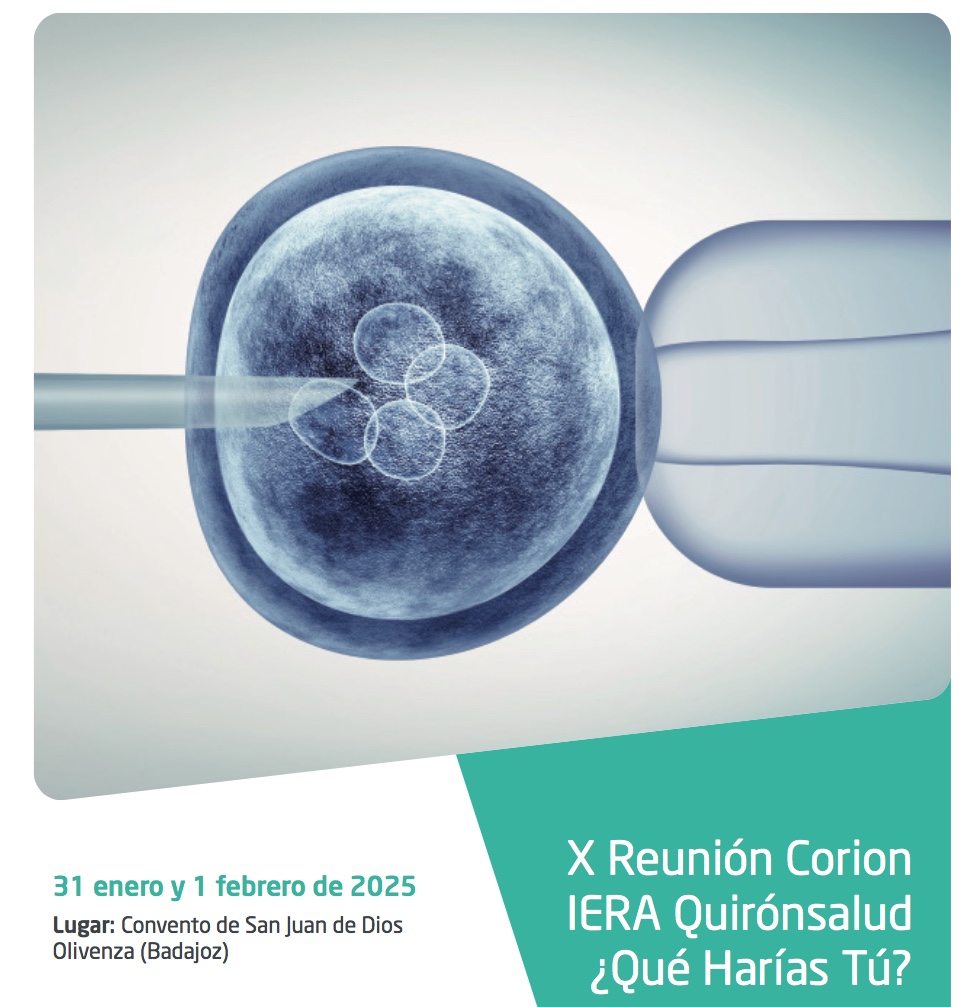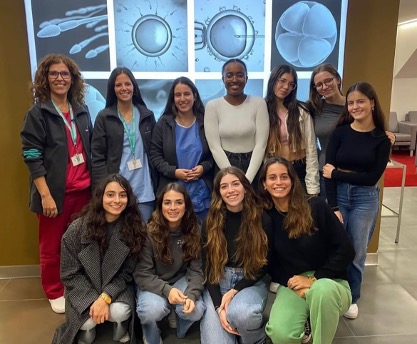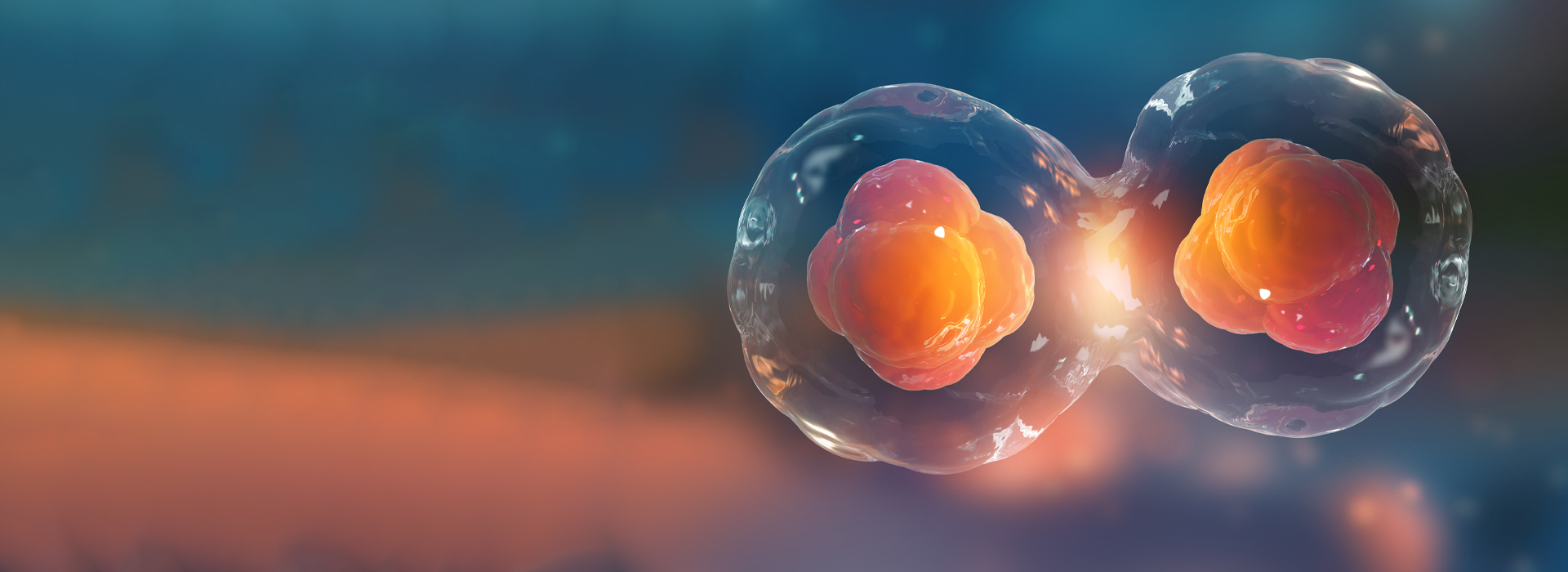
Egg Donation
Egg Donation
Egg Donation
Egg Donation is an assisted reproduction technique in which women who meet a series of requirements (age, proven health, etc.) donate eggs so that patients who are unable to get pregnant in any other way can fulfill their motherhood project. The main reasons that lead to egg donation are the following:
- Ovarian failure: the inability of a woman to produce eggs.
- Poor ovarian response to previous assisted reproduction treatments.
If after several Assisted Reproduction treatments, whether artificial insemination cycles or IVF cycles, the woman presents a low ovarian response, it may be considered to start an egg donation cycle.
- Successive Fertilization Failures
In cases where the ovarian response has resulted in the production of three or more mature eggs, but pregnancy has not been achieved despite a sufficient number of in vitro fertilization cycles (usually 3 or 4), it is also recommended to opt for egg donation.
- Advanced age
Despite the good ovarian response and the obtaining of suitable embryos for transfer, it has been described that the probability of pregnancy in women over 45 years of age is very low. This low probability of pregnancy is associated with oocyte factors.
- Genetic alterations
This group includes cases in which, due to a genetic study or any other reason, serious genetic alterations are identified in a woman that are likely to be transmitted to her offspring.
- High-risk patients
Patients with an increased risk of developing serious clinical conditions associated with the administration of hormonal medication may, among other options, consider egg donation.
- Social reasons or reasons of another etiology.
Special situations in which, upon individual assessment of each case, it may be considered that egg donation may be beneficial for the woman or the couple.
Egg Donors
According to Portuguese law, egg donors must be between 18 and 34 years of age, be in good physical and mental health and have no history of genetic risk. Donors are also assessed for genetic risk and screening for infectious diseases. In addition to these requirements, donors must undergo a general gynaecological examination and a complete hormonal study so that subsequent follicular stimulation treatment is appropriate and risk-free.
Always in contact with our nursing team, donors follow the appropriate follicular stimulation protocols and then undergo a Follicular Puncture to collect the eggs. This procedure takes into account that donors are generally good responders to what may be associated with an increased risk of Ovarian Hyperstimulation Syndrome (OHSS). In this sense, it is necessary to take appropriate measures for each Donor and provide all the necessary information.
General aspects that the egg recipient should take into account:
OVODON is the name used to describe the process of Egg Donation. This is a procedure by which a recipient woman receives eggs from a donor for reproductive purposes. These eggs are fertilized with sperm from her partner or a donor, depending on the clinical situation. The embryos generated using in vitro fertilization techniques are transferred to the uterus of the recipient woman in order to achieve pregnancy.

